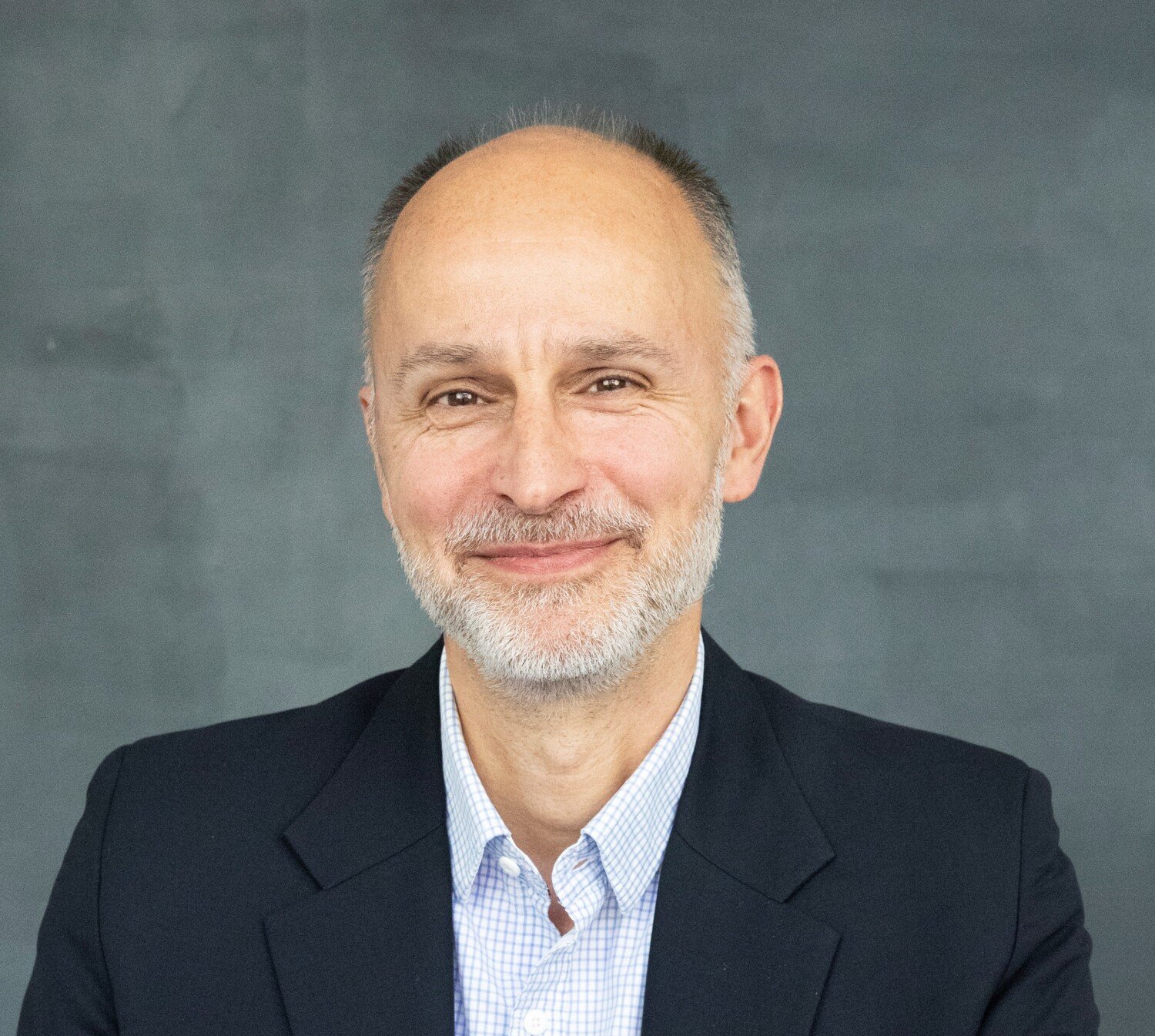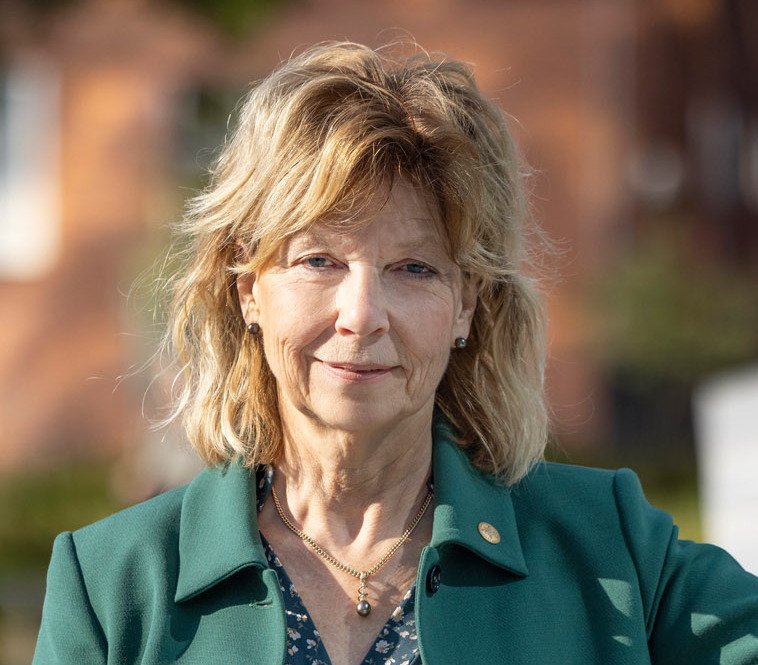Region Stockholm and Region Uppsala have teamed up to further strengthen their joint life-science cluster. At a conference on 10 October, large sections of the life-science sector in Uppsala-Stockholm met to discuss how its development is to be effected.

"There are three components of the life-science sector: healthcare, business and academia," says Andreas Scheutz, the new director of research and innovation for Region Stockholm, and former holder of the corresponding position at Region Uppsala. "They belong together and we must make it easier for them all to collaborate. We need to create better conditions for attractive research environments, innovative companies and world-leading healthcare."
A declaration of intent to develop the cluster was signed in this June by Aida Hadžialić and Helena Proos, the chairs of the regional executive committees in Stockholm and Uppsala respectively. A long list of stakeholder representatives have since added their signatures, including the president of Karolinska Institutet, Annika Östman Wernerson.

"As a medical university, KI is a natural part of the life-science cluster," she says. "We're responsible for the lion's share of medical academic research and offer the largest range of medical study programmes. At the same time, this initiative could broaden our collaboration with the healthcare sector and make mutual exchanges with companies and other life-science actors more possible to bring about."
The aim of the initiative is to make Stockholm-Uppsala a world-leading life-science region. To this end, the regions have invited several important stakeholders in the Stockholm-Uppsala life-science sector, such as universities, companies, research infrastructures and municipalities, to join the collaboration. During the conference at KI on 10 October, their representatives met to discuss the regions' common strengths and opportunities and the areas that need developing in order to bolster the life-science cluster.






